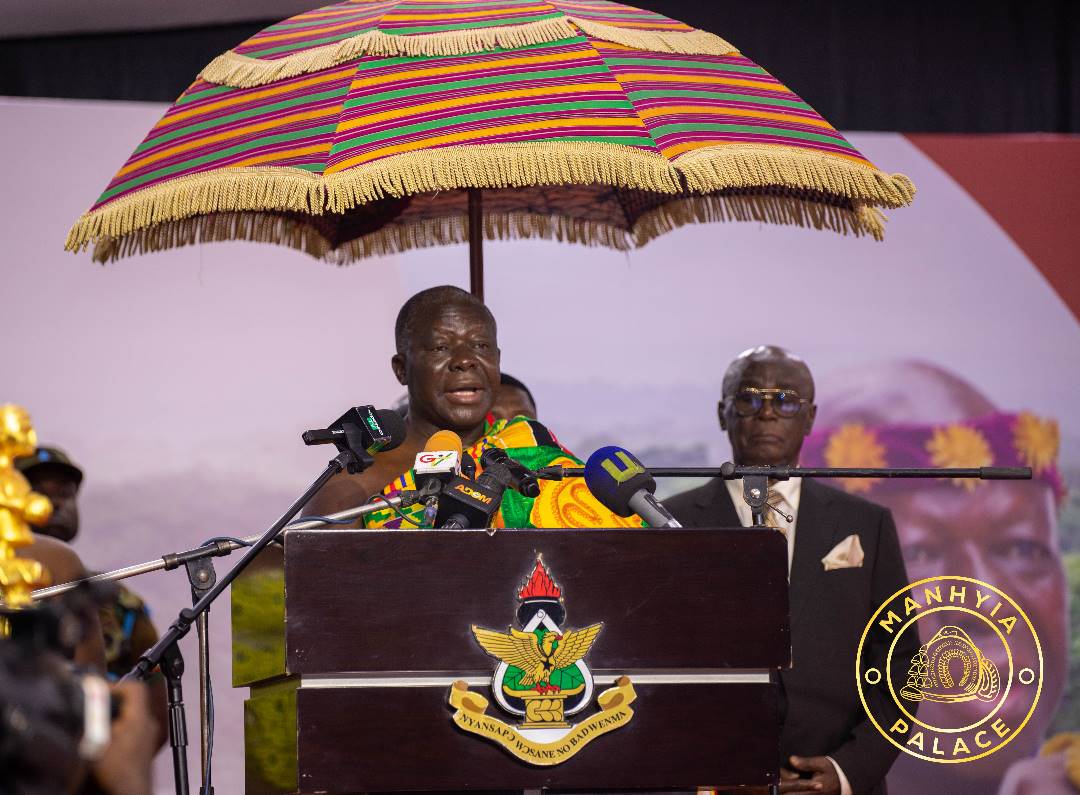You are Under Arrest : Reality versus the Law

The Ghana Police Service has been trending in the news especially on social media.
The recent 2022 Human Rights report by the United States Department of State revealed that security agencies in Ghana engaged in some conduct that went against respect for the Integrity of a Person.
The report cited cases of arbitrary arrest or detention, unlawful killings, torture and others by personnel of the Ghana Police Service
I believe that misunderstandings and clashes between law enforcement officers and civilians commonly arise due to a mutual lack of knowledge about their individual rights.
During an interview on Nkwantananso on Opemsuo Radio, Nkrabia Effah Dartey, a private legal practitioner, expressed the opinion that the police have the authority to arrest individuals they suspect of committing a crime. He further stated that even if a person is arrested without any valid reason, they do not have the legal right to sue the police.
But what exactly does the law say?
Arrest in Ghana is governed by the Common law, the Criminal Procedure Code, 1960 (Act 30) and the 1992 Constitution.
Common Law
The common law rule can be found in the case of Christie v Leachinsky where the court outlined the rules to be followed.
If a policeman arrests without warrant on reasonable suspicion of a crime, he must inform the person being arrested of the grounds of arrest. The information provided must be true. An officer who fails to do so will be liable for false imprisonment.
However, if the circumstances are such that the person arrested must know the reason for the arrest or he makes it impossible for the police to inform him, then he cannot claim that he was not informed. For instance, if a person is caught in the act, he cannot claim that he was not informed of the reason for the arrest.
Also, it does not mean that a person should be informed in a technical or precise language.
Criminal Procedure Code, 1960 (Act 30)
In Act 30, a distinction is made between arrest with warrant and arrest without warrant. Arrest with warrant can be found in section 71 to 81 whilst arrest without warrant is in sections 10 and 12 of Act 30.
Arrest with warrant
A warrant is issued by a judge upon a complaint or a charge made before him on oath. This warrant remains valid until execution or cancellation by the court.
Arrest without warrant
According to Section 10 of Act 30, there are two scenarios or situations where the police can arrest without warrant.
Scenario 1
- A person commits an offence in the presence of the policeman
- A person obstructs a police officer in the execution of his duty
- A person has escaped or attempted to escape from lawful custody
- A person has in his possession any implement intended to use to unlawfully enter a building and give no reasonable excuses for its possession.
- A person has in his possession anything reasonably suspected to be stolen item
Scenario 2
When the policeman suspects on reasonable grounds that
- A person has committed an offence in Ghana or an offence outside Ghana , which if committed in Ghana, would have constituted an offence.
- A person is about to commit an offence, where there is no practical way of preventing the commision of the offence or where the police finds such a person in any highway, yard, building or any other place during the night.
- A person for whom a warrant has been issued.
- A deserter from the armed forces
The 1992 Constitution of Ghana
The 1992 Constitution of Ghana is the supreme law of the land. Article 14 talks about arrest.
Personal liberty of everyone is assured under the law and a person can only be deprived of it under the following conditions;
- In the execution of a sentence or order of a court
- Where a person suffers from an infectious disease or by reason of insanity
- For the purpose of education or welfare of a person less than 18 years
- For the purpose of preventing unlawful entry into Ghana
- Upon reasonable suspicion of committing an offence or about to commit an offence
Similar to the common law principle, it is generally required that a person who is arrested must be informed of the grounds for the arrest and their right to legal representation in a language that they understand. Additionally, the arrested person must be presented before a court within 48 hours of the arrest.
In the past, the 48-hour timeframe for bringing an arrested person before court did not include weekends. However, as per the ruling in the Martin Kpebus case, weekends are now included in the calculation. Therefore, if an arrested person is not presented before court within 48 hours, including weekends, he must be released.
Moreover, a person who is unlawfully arrested is also entitled to compensation.
The Reality in Ghana
Both law enforcement officers and civilians often lack sufficient knowledge about the law, including the specific regulations surrounding arrests. Even when civilians are aware of their rights and attempt to assert them, police may interpret it as a challenge, leading to potential conflicts and misunderstandings.
The manner in which arrests are conducted can often be problematic, as police may arrest individuals without providing them with a clear reason for the arrest. This lack of information about the grounds for the arrest can be concerning and may contribute to misunderstandings and conflicts between law enforcement officers and civilians.
Despite Article 15(2) of the 1992 Constitution which explicitly prohibits torture, cruel, inhuman, or degrading treatment or punishment, and any conditions that undermine the dignity and worth of a person, there are instances where law enforcement officers are observed brutalizing civilians on the streets.
Such actions are in violation of the constitutional provisions and raise concerns about the treatment of individuals by the police, and the need for adherence to the fundamental human rights of all individuals, regardless of their arrest or detention status.
In fact, the dignity of all persons is inviolable according to the constitution. This means that it is secure from violation. It should not be infringed or dishonoured.
Furthermore, it is important to note that no police officer is legally authorized to use excessive force or brutality during an arrest, regardless of the severity of the alleged crime.
According to Article 19(2) of the constitution, every person is presumed innocent until proven guilty in a court of law. This underscores the principle of due process and the protection of the rights of individuals, including suspects, during the criminal justice process.
Police officers are bound by the law to uphold the presumption of innocence and ensure that the rights and dignity of individuals are respected, regardless of the accusations against them.
In cases where an individual resists arrest, the law allows for the use of reasonable force by law enforcement officers.
However, the definition of what constitutes “reasonable force” is often a subject of interpretation and may vary depending on the circumstances of each case.
Generally, reasonable force is considered to be the minimum amount of force necessary to overcome resistance and effect an arrest, without causing undue harm or injury. This may be determined by factors such as the level of resistance, the threat posed by the individual, and the proportionality of the force used in relation to the situation.
It is ultimately the responsibility of law enforcement agencies and the judicial system to interpret and apply the concept of reasonable force in accordance with the law and established legal principles.
Indeed, Article 15(3) of the constitution stipulates that a person who has not been convicted of a crime must be kept separate from convicted persons. This underscores the principle of presumption of innocence, until proven guilty by a court of law. Therefore, suspects should not be treated or housed in the same manner as convicted persons, as they are legally considered innocent and entitled to their rights and dignity.
Moreover, some individuals may not even pursue compensation for unlawful arrest, as their primary concern is often to secure their release, and they may be unaware of their legal rights in such situations.
In a country where higher authority may be required to ensure compliance with the law, whether a person will be released after 48 hours, as per the Martin Kpebu case, remains uncertain.
In the Asante v the Republic case, a police officer attempted to arrest Asante without providing a reason, which led to a physical altercation. Asante was subsequently convicted of assaulting the police officer. However, upon appeal, the conviction was overturned due to the unlawful nature of the initial arrest.
That case establishes that a citizen has the right to resist unlawful arrest but resist and see. The police will give you the beatings of your life if you dare resist.
On Nkwantannanso on Opemsuo Radio, Mr Dartey, the lawyer just urged Ghanaians to pray and hope not to have any encounter with the police and I agree with him.
We can only pray and hope.








